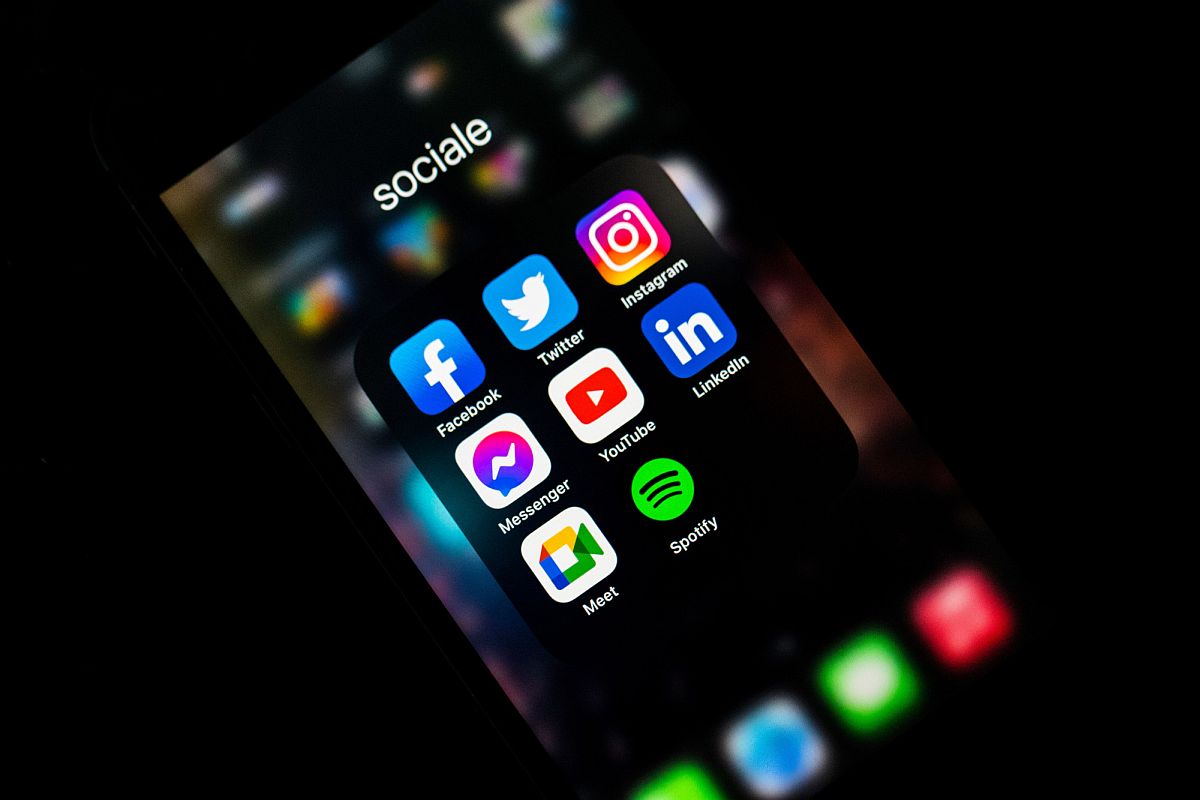For the past 10 years or so, the professional communication landscape in the health care sector has undergone significant changes due to the widespread use of social media.
Among dental clinicians in Asia, a notable trend involves the sharing of clinical photos and case studies on platforms like Facebook and Instagram.
Leveraging social media can serve as a crucial approach to overcoming challenges and limitations commonly encountered by health care professionals in traditional health communication.
It offers a faster and more cost-effective means of disseminating information, improves accessibility, enhances interaction, and empowers patients to a greater extent.
While this practice may be motivated by educational and promotional goals, it is essential to thoroughly explore the ethical considerations surrounding it, especially concerning Asian patients.
Asian cultures traditionally emphasise privacy and discretion, particularly in health-related matters. A survey conducted across various Asian countries, including India, China, and Japan, disclosed that over 70 per cent of respondents had reservations about clinicians sharing clinical case photos on social media without explicit patient consent.
This highlights the necessity for dental practitioners to be culturally sensitive and attentive to privacy concerns.
In Asia, a diverse array of legal frameworks governs patient confidentiality and consent. While countries like Japan have strict regulations safeguarding patient privacy, others may have more lenient guidelines.
Despite these variations, a regional study found that only 50 per cent of dental clinicians consistently sought explicit informed consent before sharing clinical case photos on social media.
Establishing standardised procedures for obtaining patient consent is crucial to ensuring ethical practices across diverse Asian healthcare settings.
The impact of clinical photo sharing on public perception cannot be underestimated. A study conducted in Southeast Asia revealed that 60 per cent of respondents believed clinicians who shared patient photos on social media prioritised self-promotion over patient welfare.
This perception poses a significant challenge, as building and maintaining trust is paramount in healthcare. Dental clinicians in Asia must carefully consider how their online presence may influence patient trust and confidence.
As custodians of patient health, dental clinicians bear the responsibility to educate themselves and their colleagues about the ethical implications of sharing clinical case photos.
A recent regional symposium on dental ethics found that 40 per cent of surveyed clinicians felt inadequately informed about the ethical guidelines pertaining to social media use in healthcare. Continuous education and awareness programs are essential to bridge this knowledge gap and promote responsible online behaviour.
To address the ethical dilemmas associated with clinical photo sharing, dental clinicians in Asia can benefit from adopting a proactive approach.
Collaborative efforts between professional organisations, regulatory bodies, and educational institutions are crucial for establishing clear guidelines.
Developing cultural competence in digital communication and emphasising the importance of patient-centred care can contribute to ethical practices aligned with the values of Asian patients.
In summary, the evolving landscape of health care communication presents unique challenges for dental clinicians in Asia when it comes to sharing clinical case photos on social media.
Striking a balance between professional visibility, patient privacy, and cultural sensitivity is imperative.
By being mindful of these factors, dental practitioners can ensure that their online presence aligns with ethical standards, fostering trust and enhancing the overall quality of patient care in the diverse Asian context.
Dr Lim Ghee Seong is a dental lecturer at the Department of Restorative Dentistry, Faculty of Dentistry, University of Malaya. Dr Hayati Ishak is a senior lecturer at the Centre of Comprehensive Care Studies, Faculty of Dentistry, Universiti Teknologi Mara (UiTM). Dr Arilatha Arimuthu is a restorative dentistry specialist of the Ministry of Health.
- This is the personal opinion of the writer or publication and does not necessarily represent the views of CodeBlue.




